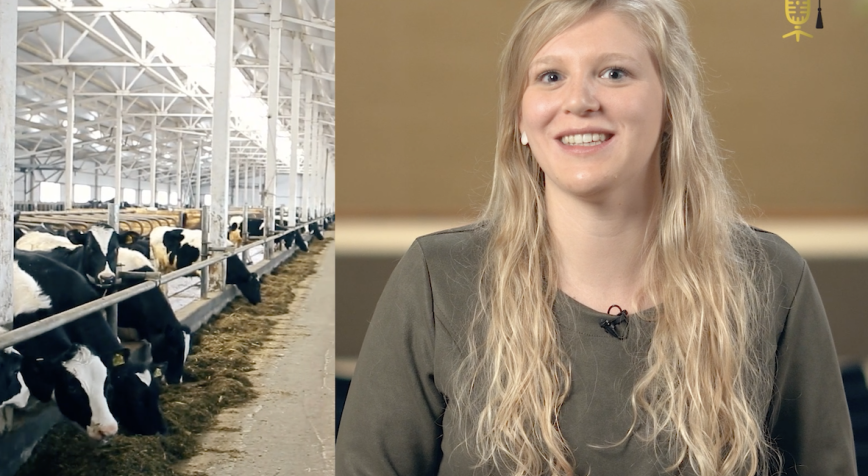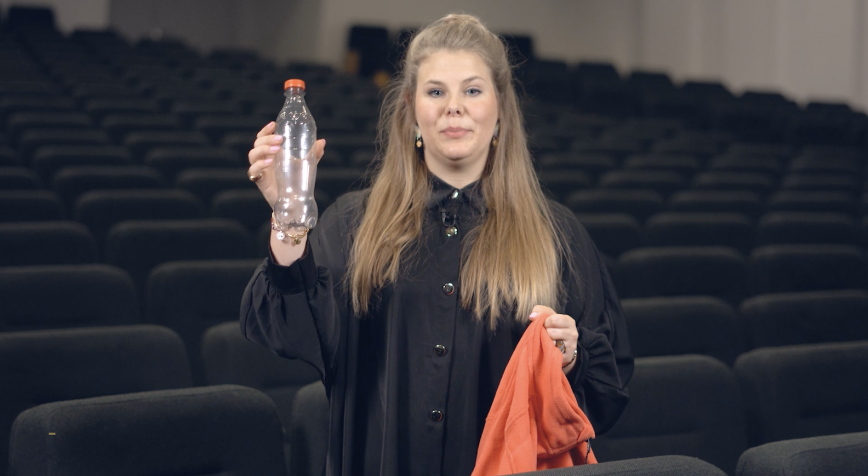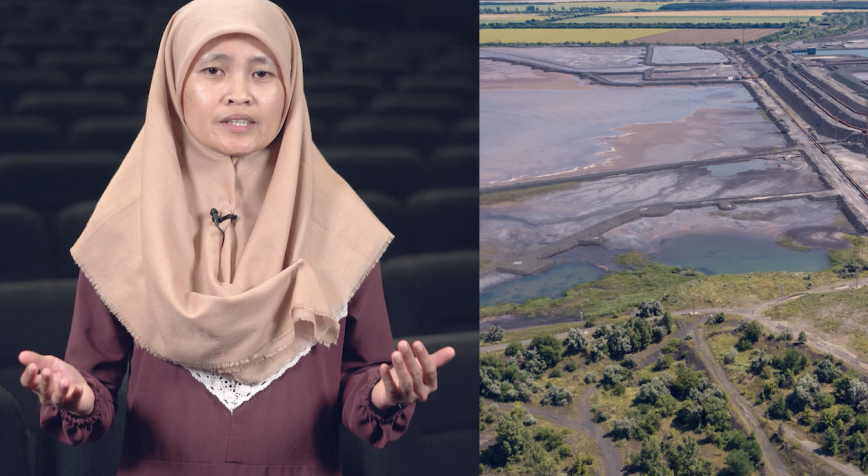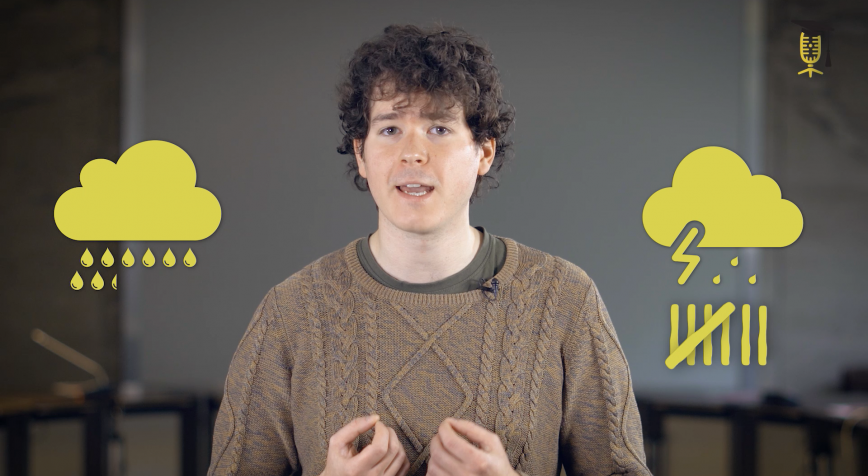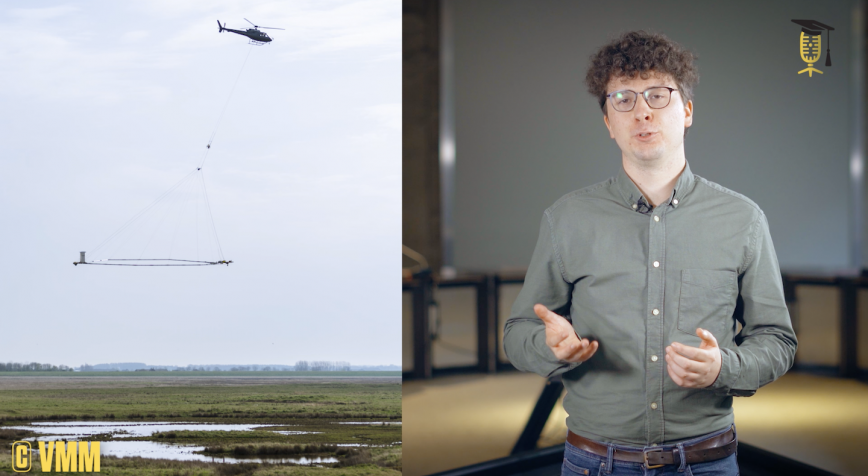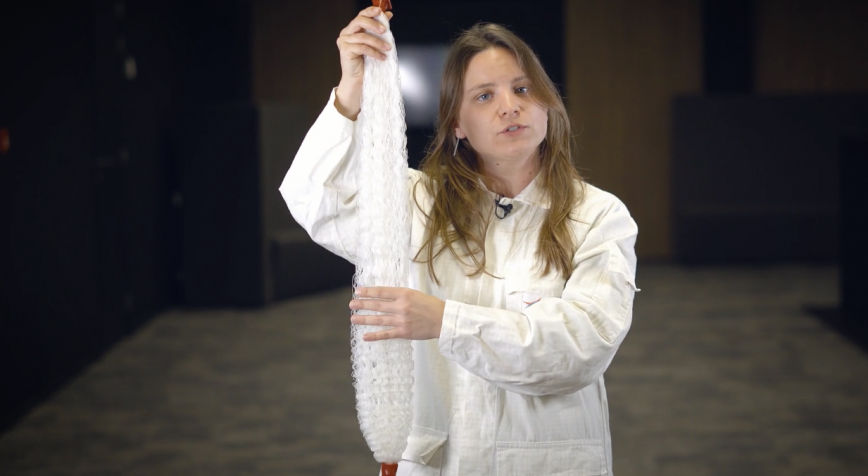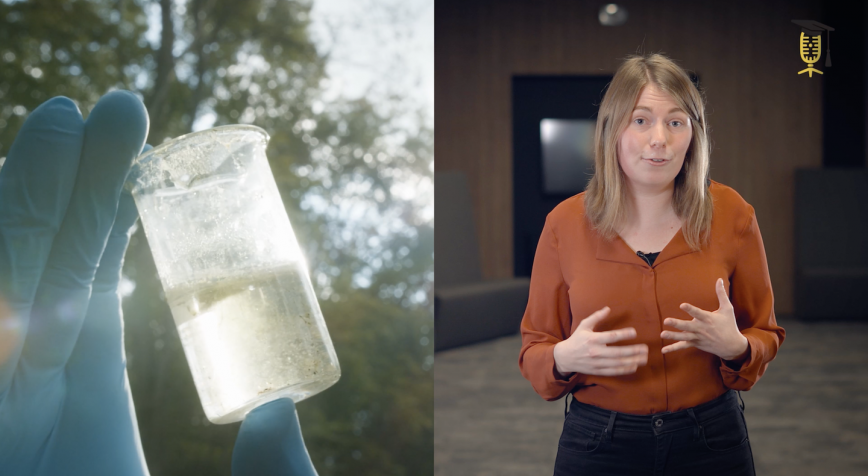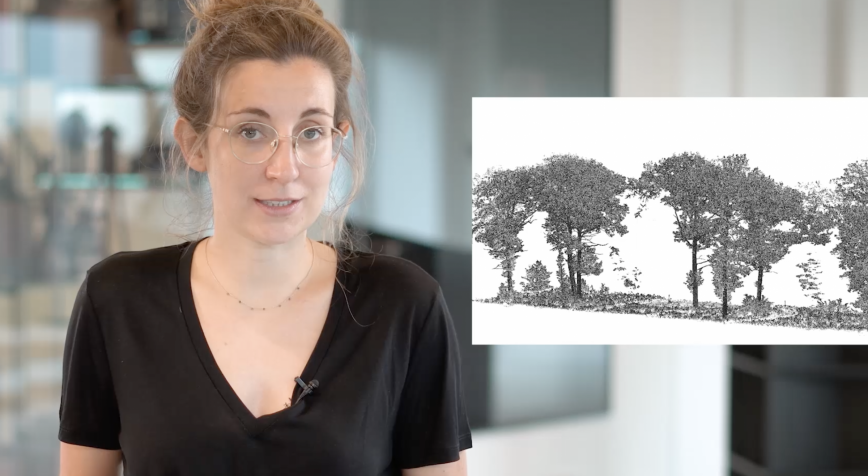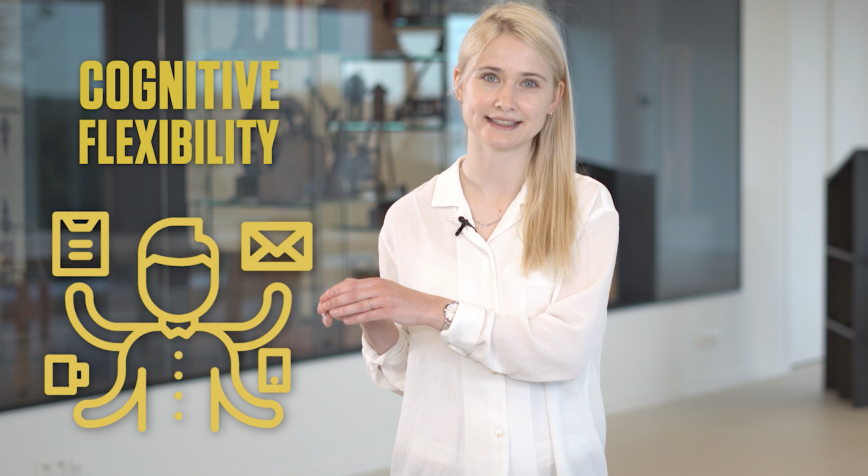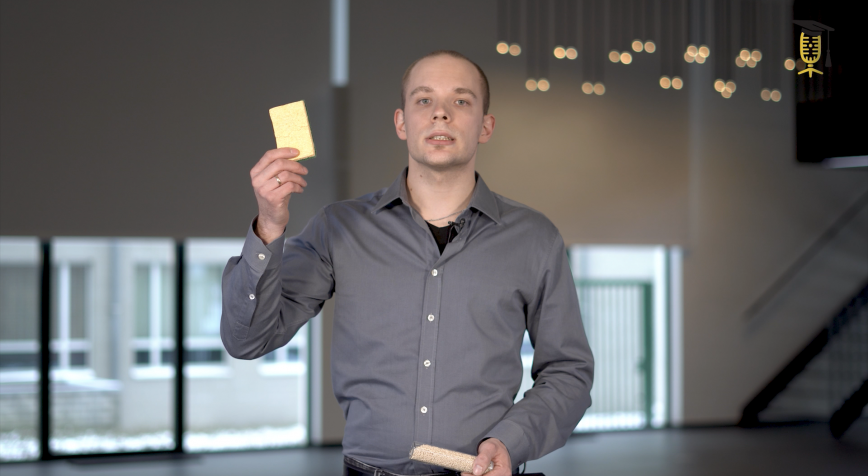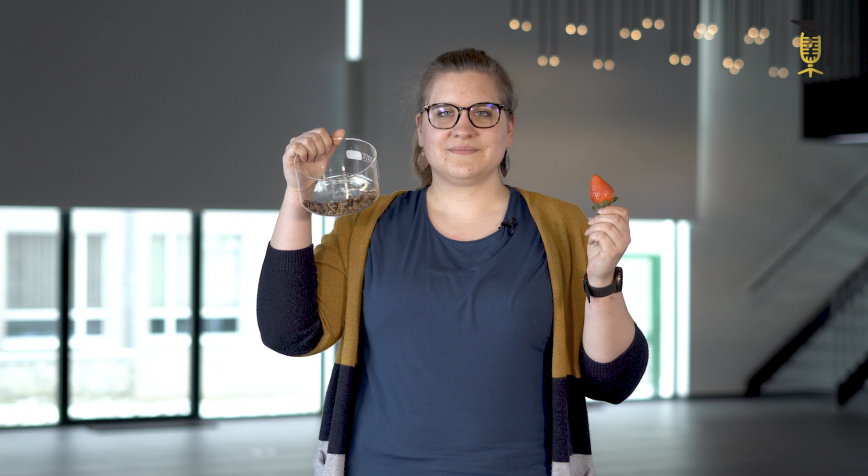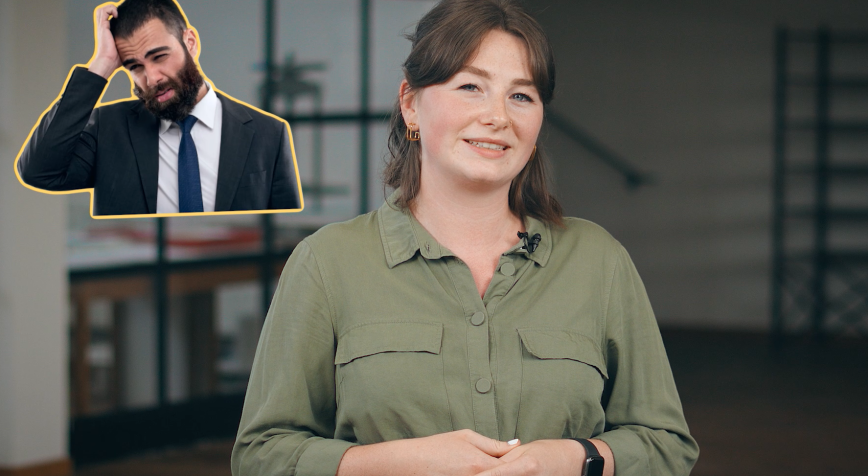
UGent
A feedback culture tailored to your organization
"Top presentation yesterday! 👏 But that one slide with all those numbers could be slightly clearer." Feedback at work is crucial to your professional growth. But asking for it and giving it isn't always easy. Shana Mertens looks at how organizations can ensure that asking, giving, receiving, and using feedback becomes natural.
